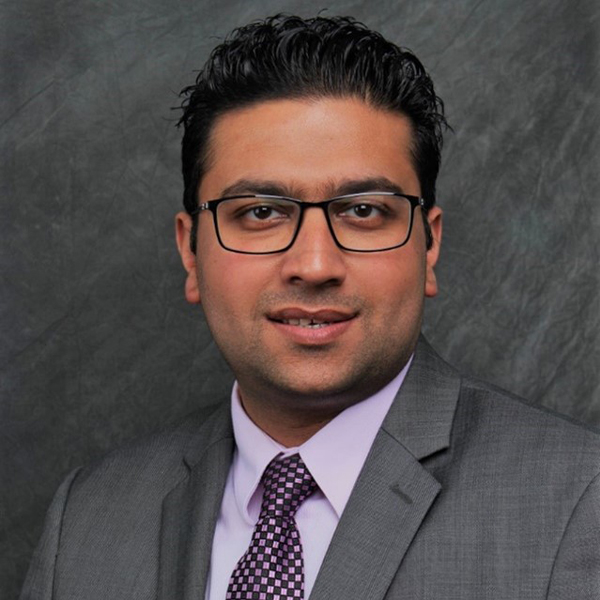It’s the last six months of your fellowship and time to find a job. This is an exciting time that can also be filled with apprehension and anxiety. Some of you may be staying at your local institution where you did a fellowship, but others might have geographical preferences or want to explore other options.
Tip #1: Make a list of absolute must-haves
The first step is to envision what you want in a job and what is a list of “absolute must-haves” for you. Making a list of absolute must-haves helps you clarify your priorities and ensures that you're aligning your professional goals with the opportunities available. It's also about identifying non-negotiable elements that are essential for your satisfaction and success in a job. It is important to remember that getting everything you want may not always be possible, so it is important to know what you absolutely would not compromise on. For some, it may be location, for others, it may be research time and, for some, it may be a salary amount. Whatever this list is, it should align with your professional goals. For instance, if your goal is to have a dedicated IBD program, it may be essential to ensure your future job has the support you need. Consider asking questions that pertain to having an infusion center or the support of a pharmacist, etc. Therefore, start making a list of must-haves.
Tip #2: Know the value of your expertise
It is important to recognize that as a well-trained gastroenterologist, you are desirable. Knowing your worth and being willing to negotiate are crucial aspects of career development. Recognizing the value of your skills and expertise as a gastroenterologist is essential in ensuring that you receive fair compensation and support. Often, graduating fellows find it hard to negotiate, but negotiating is important to ensure you are getting what you deserve. At times, especially in large academic centers or private practices, starting salaries can be fixed, but items, such as asking for support staff or resources, to help you succeed can be negotiated. This could include protected time for those interested in research or equipment and technology for those who are recruited to bring new services to your institution.
Tip #3: Workplace culture matters
Workplace culture plays a significant role in job satisfaction and overall well-being. While it is important to ask for salary and resources when interviewing, it is even more important to get to know the people you will work with and the environment you will be in every day. Therefore, it is important to understand the culture of the workplace. Meet with faculty to see how they feel about the work environment. Talk to clinic nurses and endoscopy staff to gain a different perspective on the culture of the institution or practice.
Tip #4: Get a health care attorney
Seeking the guidance of a health care attorney when reviewing your contract is a prudent step, especially given the intricacies involved in health care contracts. There are several small complexities of the health care contract that would be best served by a review from a health care attorney. Special focus and attention should be paid to issues like “non-compete clauses” and the potential impact it could have if you wanted to leave an institution or practice.
Tip #5: Establish mentorship
Mentorship plays a crucial role in professional development, offering guidance, support and opportunities for skill enhancement. Inquiring about mentorship resources at your institution or practice is a proactive step toward ensuring a successful and fulfilling career. As an early career gastroenterologist, you will need mentorship at various stages. Mentorship is not limited only to academic jobs and can be helpful in private practice or hybrid practice models. Explore if mentorship is available to learn or refine your clinical skills in a practice. For instance, if you want to develop a niche in managing Barrett’s esophagus, ask if there are senior partners who would mentor you or if the practice will support you and have funds for you to learn these skills at regional or national courses, such as the ASGE STAR.

Mohammad Bilal, MD, FASGE, is an assistant professor of medicine at the University of Minnesota, associate program director of the Gastroenterology and Hepatology Fellowship Program and an advanced endoscopist at the Minneapolis VA Medical Center. Dr Bilal is passionate about medical education and endoscopic innovation. Dr. Bilal has been a recipient of several teaching, clinical and research awards, including the ASGE Diversity Research Award in 2018.